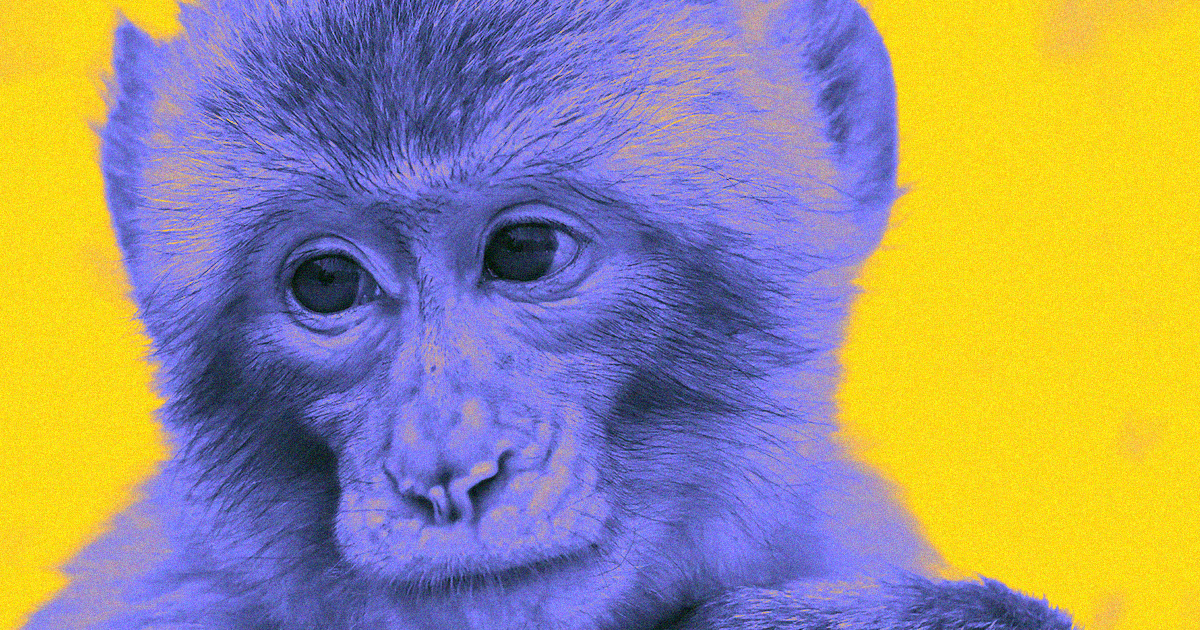"We will continue our exploration."
Human-Monkey Hybrid
In March, a team of Chinese scientists published a study detailing how they made monkeys smarter by splicing a human gene into their DNA.
The news was met by a wave of backlash. But now, one of the scientists behind the study is defending the team's work — and pledging to push forward on the controversial research.
Above Board
Chinese Academy of Sciences professor Su Bing told CNN that the university's ethics board approved the plan to give monkeys human genes.
Furthermore, the study followed best scientific practices laid out by both China and the international scientific community and met international animal rights standards, according to Su.
Beneficial Studies
The scientist also laid out what he sees as the potential benefits of the research for CNN, as well as his intentions to pursue similar research in the future.
"In the long run, such basic research will also provide valuable information for the analysis of the etiology and treatment of human brain diseases (such as autism) caused by abnormal brain development," he told the network.
"Exploring the genetic mechanism of human brain evolution is a major issue in the natural sciences," he added, "and we will continue our exploration."
READ MORE: Chinese scientists defend implanting human gene into monkeys' brains [CNN]
More on the experiment: Chinese Scientists Gene-Hacked Super Smart Human-Monkey Hybrids
Share This Article
